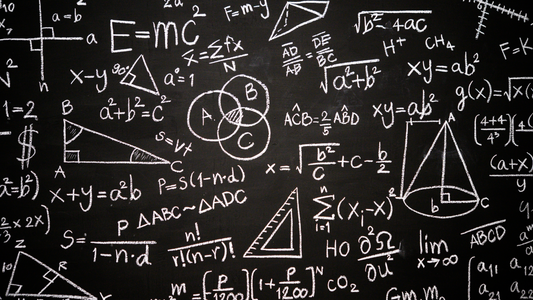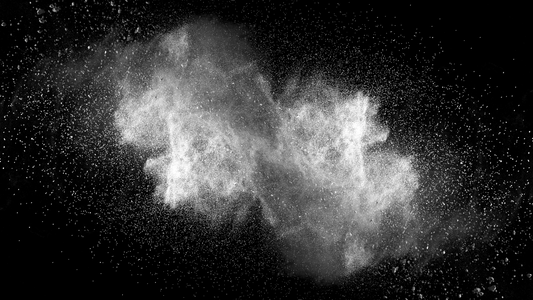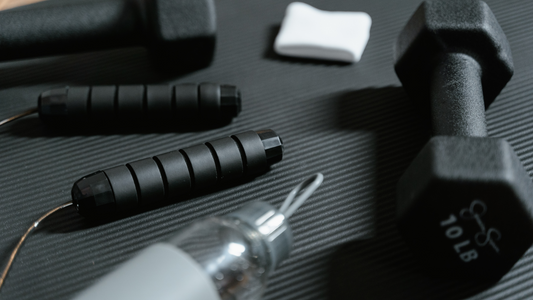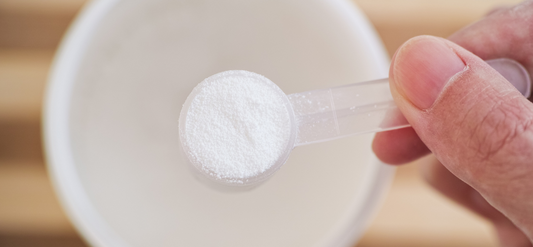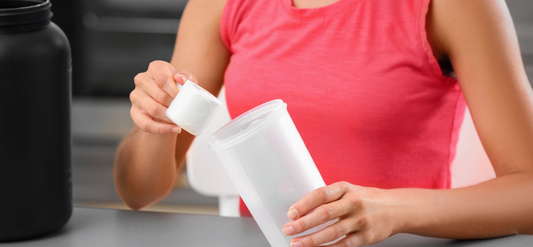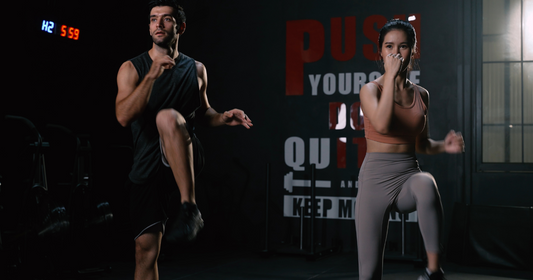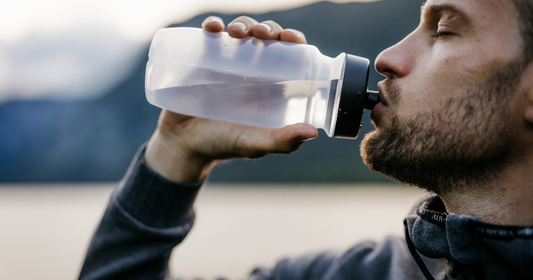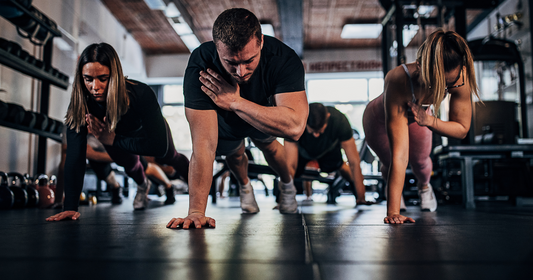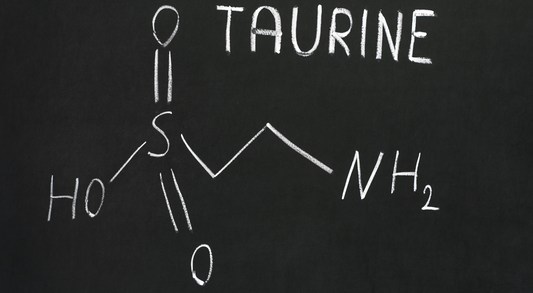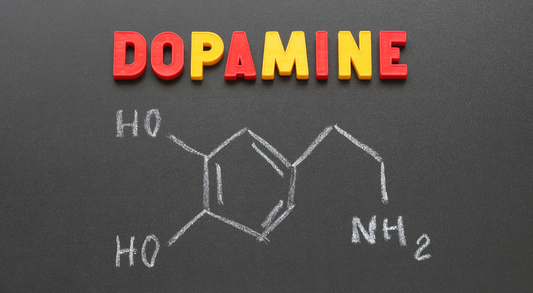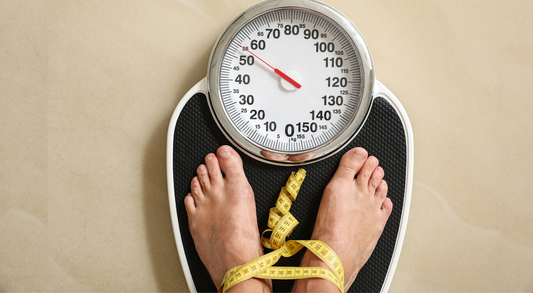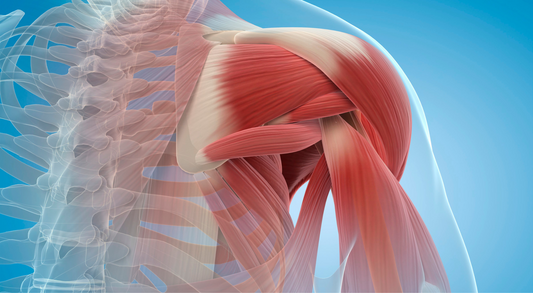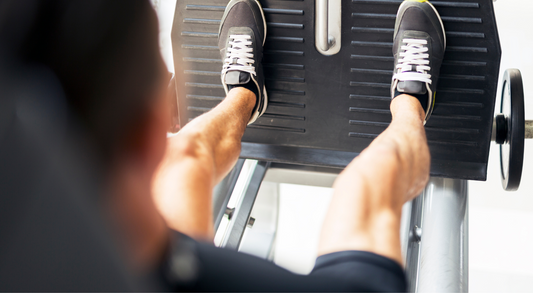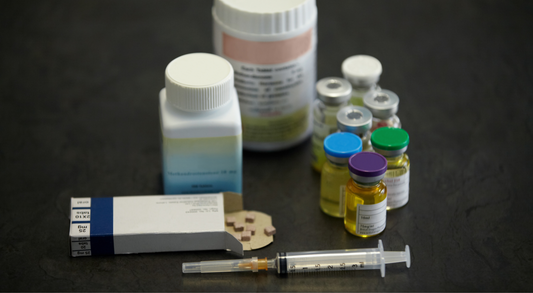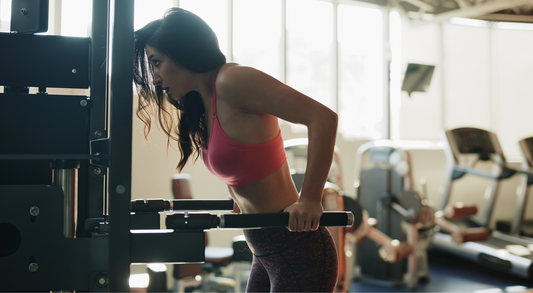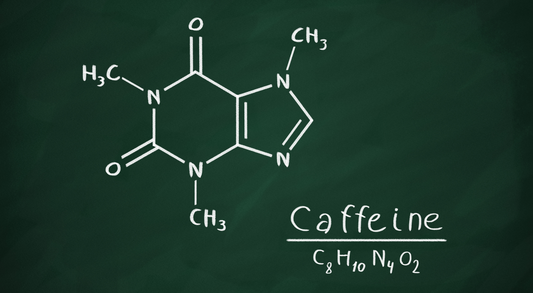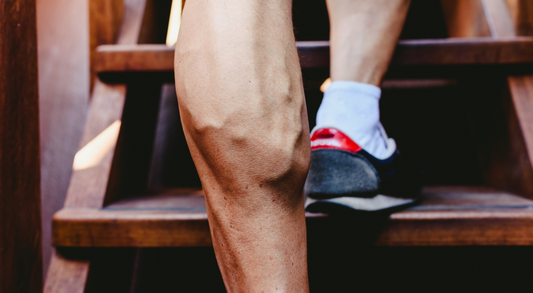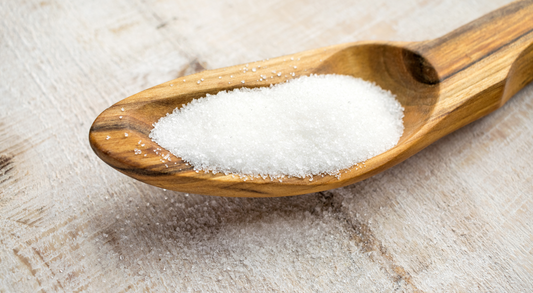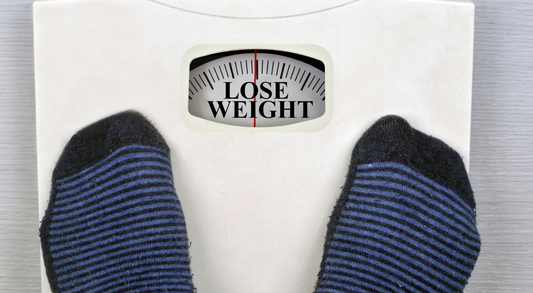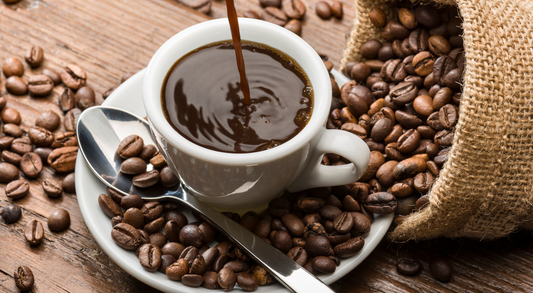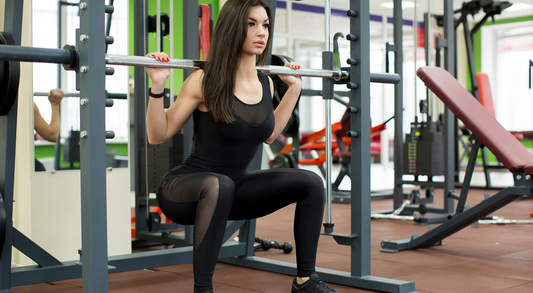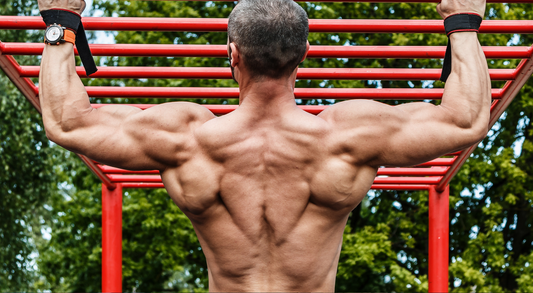How Stress Affects Athletic Performance
Stress can have a significant impact on athletic performance. It can lead to increased muscle tension, decreased focus, and impaired recovery, all of which can hinder performance and increase the risk of injury.
Effects of Stress on Performance
1. Increased Muscle Tension
Stress causes muscle tension, which can affect movement patterns and increase the risk of injury. A study in the Journal of Sports Sciences found that athletes with higher stress levels had greater muscle tension and were more prone to injuries (Andersen & Williams, 1988).
2. Decreased Focus and Concentration
Stress can impair cognitive function, making it difficult to concentrate during training and competition. Research published in the Journal of Applied Sport Psychology shows that stress negatively affects attention and decision-making skills (Kaiseler et al., 2009).
3. Impaired Recovery
Chronic stress can hinder the recovery process by increasing inflammation and slowing down muscle repair. A study in the Journal of Strength and Conditioning Research found that stress delays recovery and increases muscle soreness (Kivimäki et al., 2010).
Strategies to Manage Stress
- Mindfulness and Meditation: Practice mindfulness and meditation to reduce stress and improve mental clarity.
- Adequate Sleep: Ensure you get 7-8 hours of quality sleep each night to support recovery and stress management.
- Proper Nutrition: Eat a balanced diet rich in antioxidants, vitamins, and minerals to combat the effects of stress.
- Exercise: Engage in regular physical activity to release endorphins and reduce stress levels.
For more tips on managing stress and improving performance, visit our blog.
Conclusion
Managing stress is crucial for optimal athletic performance. By incorporating stress management strategies into your routine, you can enhance your performance, reduce the risk of injury, and improve overall well-being.
References:
- Andersen, M. B., & Williams, J. M. (1988). A model of stress and athletic injury: Prediction and prevention. Journal of Sports Sciences, 6(3), 255-267.
- Kaiseler, M., et al. (2009). The relationship between mental toughness, stress, and coping among athletes. Journal of Applied Sport Psychology, 21(3), 273-290.
- Kivimäki, M., et al. (2010). Stress and recovery from work in a changing work environment. Journal of Strength and Conditioning Research, 24(8), 2321-2327.


